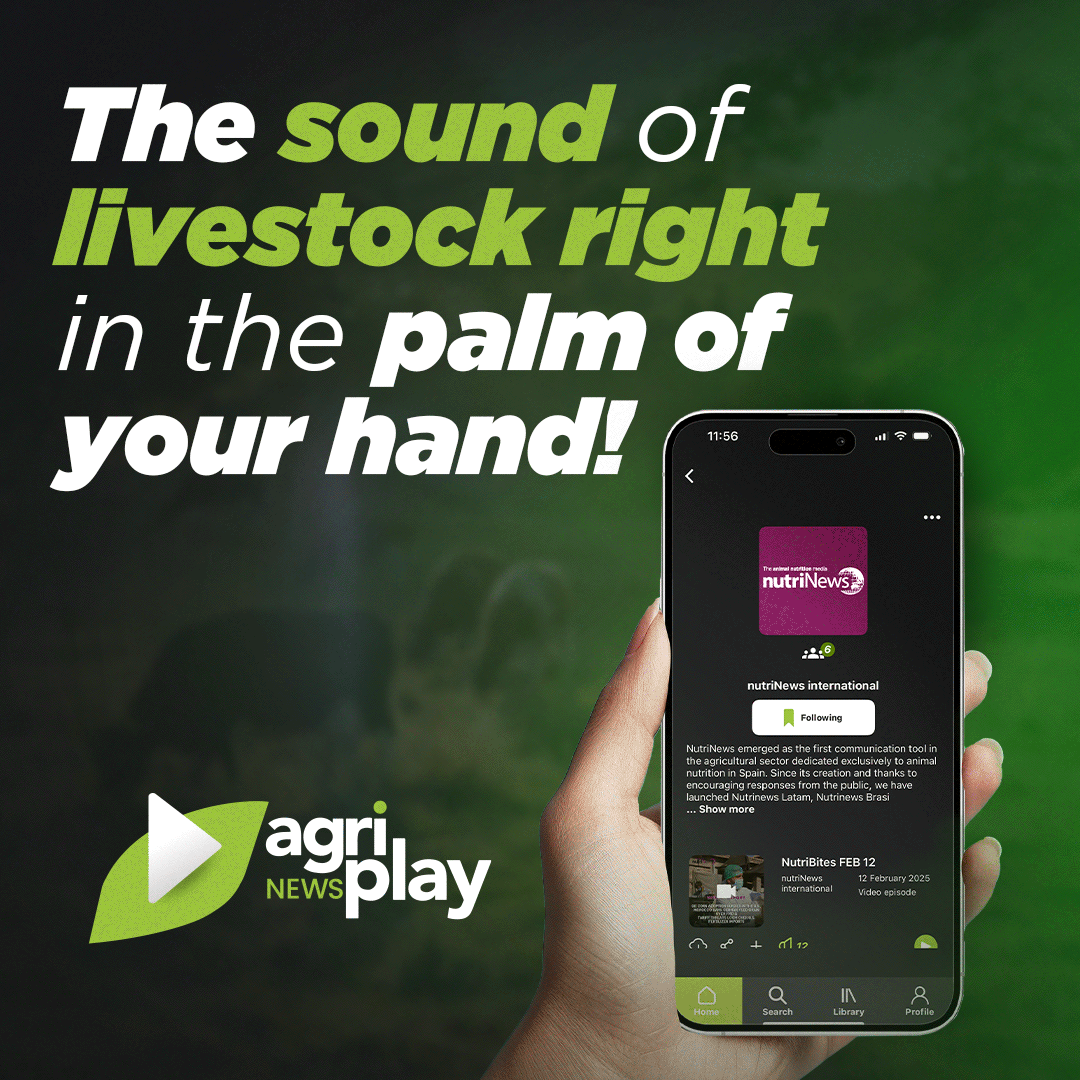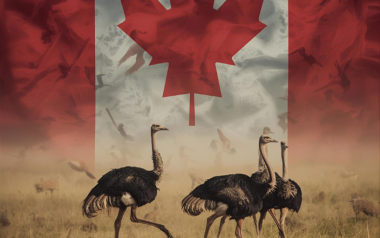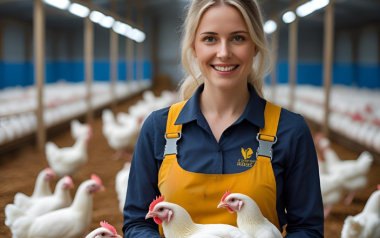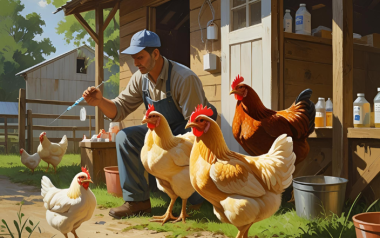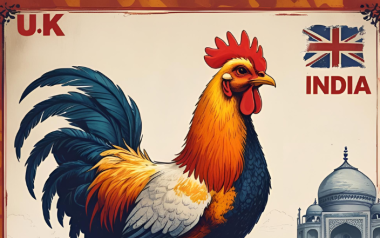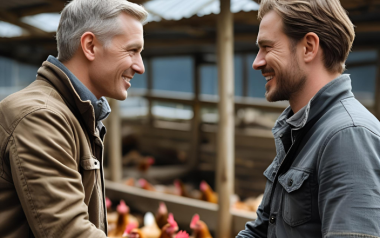05 Sep 2025
QL Resources adapts poultry strategy post-subsidy
The Malaysian poultry integrator adjust after subsidy removal, focusing on market forces and resilient protein demand.
Malaysia’s QL Resources Bhd, one of Southeast Asia’s leading agrifood companies, is recalibrating its poultry operations and consumer retail strategy as it navigates shifting market conditions, including the government’s full removal of egg subsidies, weak consumer sentiment, and rising operating costs.
The group’s largest revenue contributor remains its integrated livestock farming business, anchored by its egg and poultry operations. In the financial year ended March 31, 2025, this segment contributed about 52% of QL’s group revenue, underscoring the importance of poultry to its earnings profile.
Group CEO Chia Song Kooi said QL has adjusted egg prices by USD 0.01 per egg following the elimination of government subsidies in August 2025. This was necessary to protect profit margins while passing additional costs to consumers. Despite the price adjustment, he expects demand to hold up.
“Eggs remain one of the cheapest and most accessible sources of protein,” he said, adding that lower feed costs and a strengthening ringgit would help stabilize the business.
Malaysia phased out its subsidy in stages, cutting it from USD 0.02 to USD 0.01 per egg in May before fully removing it on August 1. The government said the move was aimed at channeling funds to other priorities while allowing the poultry industry to operate in line with market forces.
Mr Chia welcomed the shift. “In the long run, I think the removal of egg subsidies is healthier for the poultry industry because production will align more closely with market forces.”
QL is also closely monitoring regional dynamics. Vietnam’s egg prices are expected to recover, while Indonesia’s weak demand may continue, Mr Chia said.
He noted that the Philippines remains a market of interest for potential expansion, though political and economic risks must be weighed carefully.
Earnings pressure across segments
For the first quarter ended June 30, 2025 (Q1 2026), QL reported group revenue of USD 376 million, up 6% yoy, but net profit fell 6% to USD 22 million. Livestock and marine products—two of its core agribusiness segments—faced margin compression due to weaker produce prices and oversupply of smaller eggs in West Malaysia.
The earlier subsidy reduction under Malaysia’s price ceiling mechanism also weighed on its layer operations. Meanwhile, its marine product sales volumes slipped, further tightening margins.
Still, management remains upbeat that egg demand and prices will rebound in the second half of the financial year, cushioning subsidy-related impacts.
Retail diversification with FamilyMart
Beyond its poultry core, QL has been steadily expanding its footprint in convenience retail through FamilyMart Malaysia, which it operates under an exclusive master franchise agreement signed with FamilyMart Co Ltd of Japan in 2016.
As of June 2025, the chain operated 465 stores nationwide and is targeting 600 outlets by March 2027. The group has also rolled out FamilyMart Mini stores to capture smaller neighborhood markets.
However, the retail environment remains challenging. Executive Director Chia Lik Khai said FamilyMart’s retail margin is expected to remain in the ‘mid single-digit’ range, pressured by Malaysia’s expanded sales and service tax, higher minimum wages, and rising rental costs.
“Our main strategy is to focus on product offerings that align with customer demand,” he added. “Given weak consumer sentiment, raising prices is not an option.”
The convenience store segment’s earnings fell 8% yoy in the latest quarter, as higher operating expenses outweighed revenue growth. Revenue rose 6% on the back of 95 net new outlets—47 FamilyMart and 48 FamilyMart Mini—though average store sales were weaker due to subdued consumer sentiment.
Green energy and palm oil provide balance
While poultry remains central, QL is diversifying into clean energy and palm oil. Its green energy arm, Plus Xnergy Holdings, and partially owned BM Greentech Bhd delivered higher solar project revenues during the quarter.
Palm oil activities also held steady, providing a counterbalance to volatility in its core agri-food operations.
Long-term strategy
Despite near-term challenges, QL is positioning itself for resilience through diversification and regional expansion. The poultry business remains the group’s backbone, and management believes Malaysia’s egg market will normalize as costs ease and demand strengthens.
Meanwhile, the push to expand FamilyMart to 600 outlets underscores QL’s strategy of building consumer-facing platforms alongside its agribusiness base, even as retail competition intensifies from Korean and local convenience store rivals.
With poultry and livestock accounting for more than half of its earnings, QL’s ability to navigate subsidy reforms, regional demand cycles, and consumer behavior will define its growth path.
As Mr Chia put it, aligning production with market forces may ultimately make the industry stronger and more sustainable in the long run.






